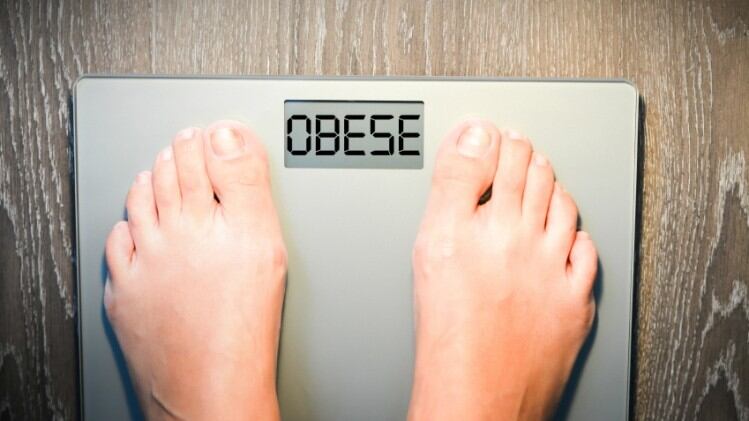The nurses who took supplements were also already health-conscious, with the prevalence of supplement consumption detected among those who drank black tea, soy milk and probiotic Lactobacillus beverages.
The findings were featured in the “Use of Dietary Supplements among Japanese Female Nursing Professionals” paper in the Journal of Nutritional Science and Vitaminology.
“We conducted a survey on the use of dietary supplements among Japanese women nurses as part of the Japan Nurses’ Health Study (JNHS), which is a largescale prospective cohort study that investigated lifestyle, health habits, and reproductive health among Japanese women nurses of all ages living in regions across Japan. Because this study was not disaggregated geographically or by age, it is expected to provide a comprehensive picture of supplement use among women in Japan,” said the researchers.
For this study, the researchers analysed data from 11,665 nurses aged 28 to 81 who responded to the six-year follow-up survey conducted between 2008 and 2013. Some survey items asked about the brands and types of supplements consumed, dosage formats, frequency of consumption, and caffeine intake.
Vitamins, minerals top the charts
Of the 11,665 nurse respondents, a total of 4,017 of them, or 34.4%, were supplement users, with 2,844 or 70.8% using two or more supplements.
The most consumed supplements were vitamins, with 1,962 participants or 48.8% taking vitamin C and the balance taking other groups like B, E, A and D. Many also took minerals, with 842 nurses (21%) consuming calcium and 590 (14,7%) iron. Besides vitamins and minerals, the ladies took hyaluronic acid, collagen, vinegar, chondroitin and glucosamine.
On subject characteristics, the research team found that older nurses tended to consume more supplements, especially those aged 40 and above. Pregnant nurses were also more likely to consume supplements than menstruating ones. Conversely, nurses with higher BMIs were less likely to consume supplements.
Upon further analysis, the team identified several factors that could affect supplement consumption, like age, BMI, night shift status, menstrual status, smoking and drinking habits, and preferred beverages.
Significance
Health-conscious nurses who consumed supplements might amount to 34.4%, but this number was lower than those reported in earlier studies during the same period among the general population. This difference could be attributed to the different supplements discussed.
Moreover, the most common supplements highlighted in the current study were vitamins and minerals, but there was also high usage of supplements believed to be linked to certain illnesses, such as hyaluronic acid-collagen and chondroitin-glucosamine.
In a survey based on the JNHS cohort in 2013, 55.1% of the respondents reported knee pain and back pain, which might have led to the use of these supplements. Furthermore, there were trends in the usage of different supplements at different times due to the extended survey period.
When discussing age, the researchers suggested the number of users increased due to heightened health consciousness. However, consumption declined when BMI was considered. Past research showed that people with healthy lifestyles were more likely to be non-obese and use supplements.
“Further research should examine the use of individual supplements in relation to dietary intake and physical activity status. In a survey conducted by the Consumer Affairs Commission, the purpose of using health foods, including supplements, was listed as the supply of specific nutrients, along with the maintenance of physical condition, prevention of disease, and promotion of health.
“However, it is highly likely that people use supplements because they feel they lack nutrients, even though they consume sufficient amounts from their diet. In further studies, it will be necessary to investigate dietary intake as well as the use of supplements to gain more knowledge on the use of supplements,” concluded the researchers.
Source: Journal of Nutritional Science and Vitaminology
“Use of Dietary Supplements among Japanese Female Nursing Professionals”
DOI: 10.3177/jnsv.68.213
Authors: Kishi Mikiko et al.
Probiotics, healthy ageing and protein are major focus areas of our upcoming Growth Asia Summit in Singapore from 11 to 13 October. Check out big-name brands, international experts and pioneering start-ups slated to present here.




